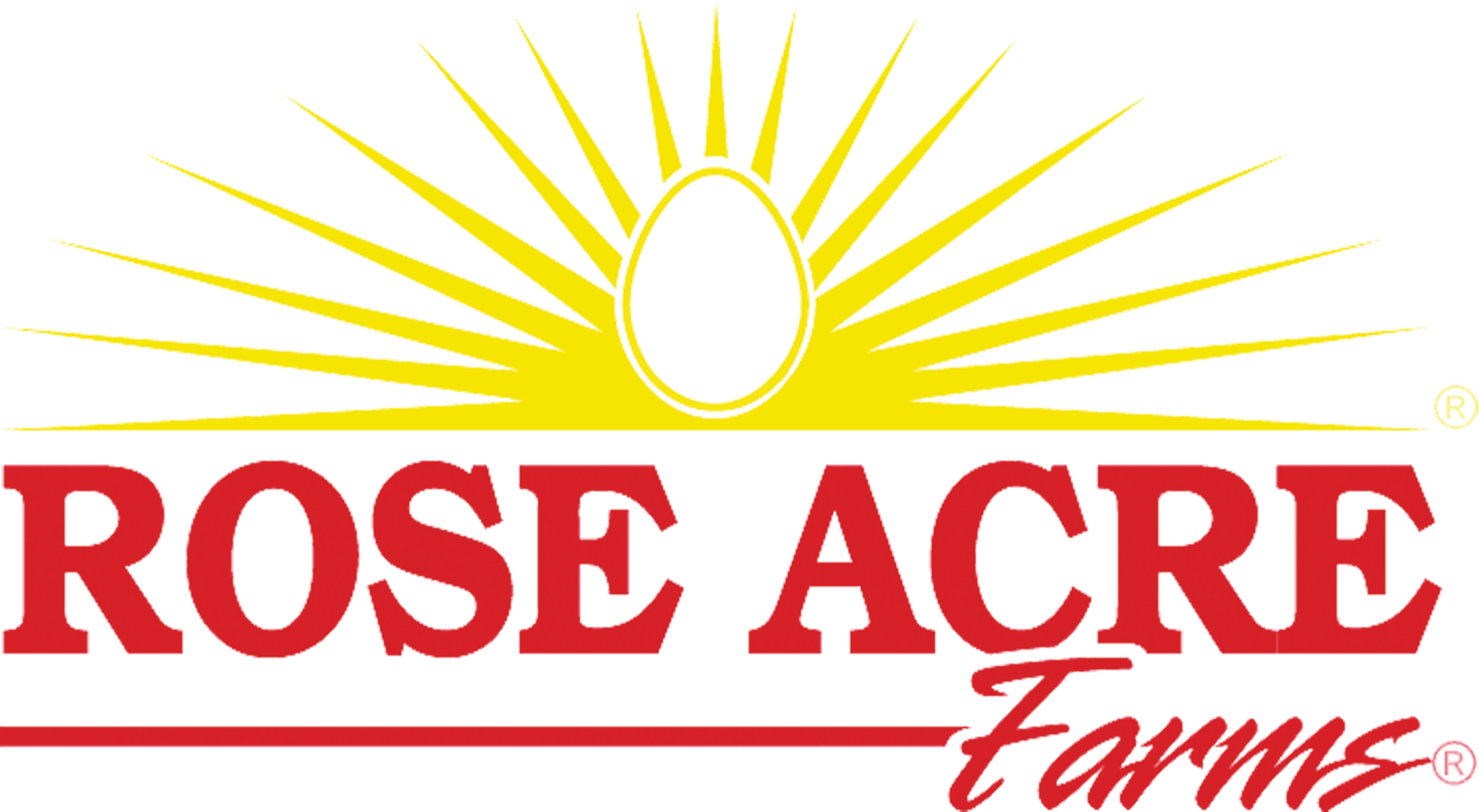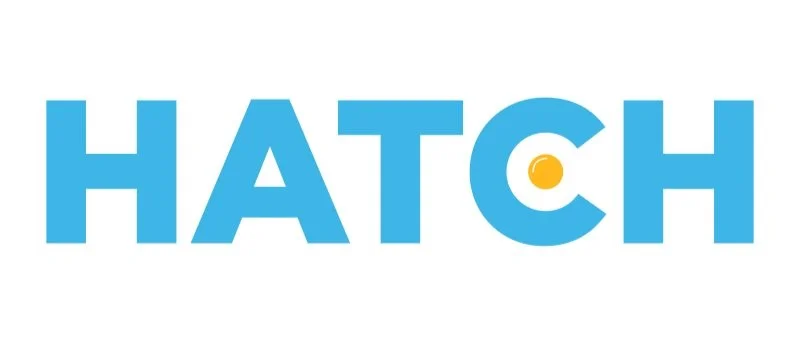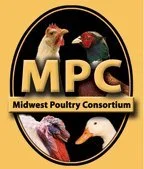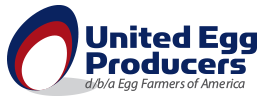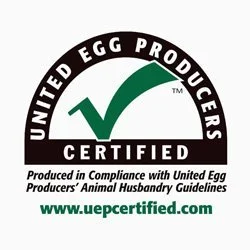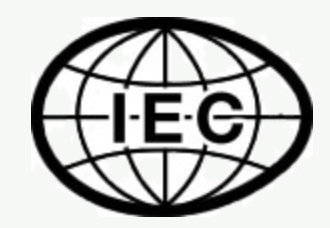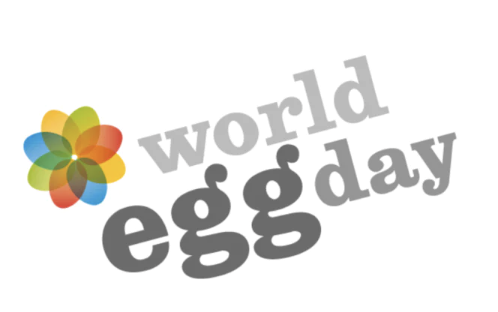
Consumer Resources
Industry Resources
American Egg Board (The Incredible Egg, Egg Safety Center & Egg Nutrition Center)
The American Egg Board (AEB) was created by an Act of Congress in 1976 at the request of America’s egg farmers, who desired to pool resources for national category-level egg marketing.
Home to The Incredible Egg, the Egg Safety Center and Egg Nutrition Center, AEB is dedicated to increasing demand for all U.S. eggs and egg products. For more than 40 years, America’s egg farmers have supported this mission by funding the AEB. The AEB is 100 percent farmer-funded, and those funds directly support the research, education and promotion necessary to market eggs.
HATCH for Hunger
Launched in 2015, HATCH delivered 60,000 dozen eggs to food banks and pantries around the Indianapolis area. Today, HATCH delivers nearly 1.2M dozen eggs each month throughout the country. It is the goal of HATCH to sustainably deliver 300,000,000 protein-rich meals to hunger relief organizations by 2027, providing better nutrition, a better diet, and better health and well-being to children and adults, creating generational change in local communities.
Midwest Poultry Consortium
The Midwest Poultry Consortium provides leadership, support, and resources for facilitation of educational programs for poultry science, poultry research, and the development of programs in the Midwestern and Southern states in coordination with the industry, state, and regional organizations' higher education, governmental agencies, commodity groups, and corporations. It administers the Center of Excellence (COE) Scholarship and Internship Program, offering research-based poultry science education.
United Egg Producers & UEP Certified Program
United Egg Producers was established in 1968 as a federated Capper-Volstead Agriculture Cooperative comprised of five regional marketing cooperatives. As members regional cooperatives, individual egg producers then became members of the national organization, UEP.
In 2002, United Egg Producers established the first UEP Certified guidelines – standards for hen well-being backed by decades of research and recommendations from an independent Scientific Advisory Committee. Today, more than 90 percent of eggs produced in the U.S. come from farms that voluntarily participate in UEP Certified, choosing to open their farms to independent auditors.
World Egg Organisation (International Egg Commission & World Egg Day)
The World Egg Organisation is a global organization dedicated to representing the humble egg and the international link for all things related to the egg. Under its umbrella are the International Egg Commission and World Egg Day (2nd Friday in October).
Rose Acre Farms Traditional Recipes
Frequently Asked Questions (FAQs)
How do I read an egg carton? What do the numbers on the egg carton mean?
Egg Cartons contain a lot of information and some parts may not be as easy to understand as others. Cartons contain more information than grade, size and quantity of the product.
Egg size is based on the weight of the egg and is based on USDA Standards. 12 Large eggs as shown below must have a minimum net weight of 24 ounces to be considered Large eggs.
Egg Grade is also determined by USDA standard and is based on shell quality (soundness and cleanliness of the shell), interior quality (quality of the egg albumin and size of the air cell of the egg).
The UPC Code (Universal Product Code) is a bar code that is used for tracking the package at the store. This code does not provide any information about where or when the eggs were produced and packaged. The UPC code is often found on the back hinge side or on top of the carton.
You may also find a set or sets of numbers located near the legal line (information on the packer or distributor of the product). Some states require that a license number be printed on the carton. State license numbers may also be printed on the end of the carton along with the code date information (not shown here).
The end of the carton - This is where you will find information specific to the eggs.
-
Rose Acre Farms owns and operates 16 different layer farms located in Indiana, Illinois, Missouri, North Carolina, Georgia, Iowa and Arizona. The Rose Acre Farms Corporate Office is located in Seymour, Indiana.
-
Rose Acre Farms is a leading producer in a range of commodity shell eggs, specialty eggs and egg products such as liquid egg, dried egg and egg protein powder.
-
Visit our Careers page to view open positions and apply.
-
Rose Acre Farms sources grains, grown by farmers, for feed. A small amount of nutritional vitamin premix (similar to a vitamin taken by humans) is added to help with the digestion of grains. Rose Acre Farms maintains a rigorous feed ingredient quality control system to ensure that our hens only receive the correct feed for their needs.
-
The color of an egg’s shell has nothing to do with nutritional difference, and everything to do with the type of the bird laying the egg. Hens that have white earlobes lay white eggs and hens with red earlobes lay brown eggs. The nutritional properties between the two eggs are identical.
-
Hens are never given any added hormones as it is forbidden by federal regulations. All poultry and poultry products produced in the United States are free from any added hormones. Hens are only given antibiotics under the direction of a consulting veterinarian when a flock’s health deems necessary, which is rare.
-
Eggs are shipped in refrigerated trucks to retail outlets within 48 hours of being washed, graded and packaged.
-
The Egg Safety Center is a great resource for questions about the safe cooking, handling and storage of eggs and so much more.
-
According to the Bible, the chicken came first. Genesis 1:20 says, “And God said, ‘Let the waters bring forth abundantly the moving creature that hath life, and fowl that may fly above the earth in the open firmament of heaven.’”
